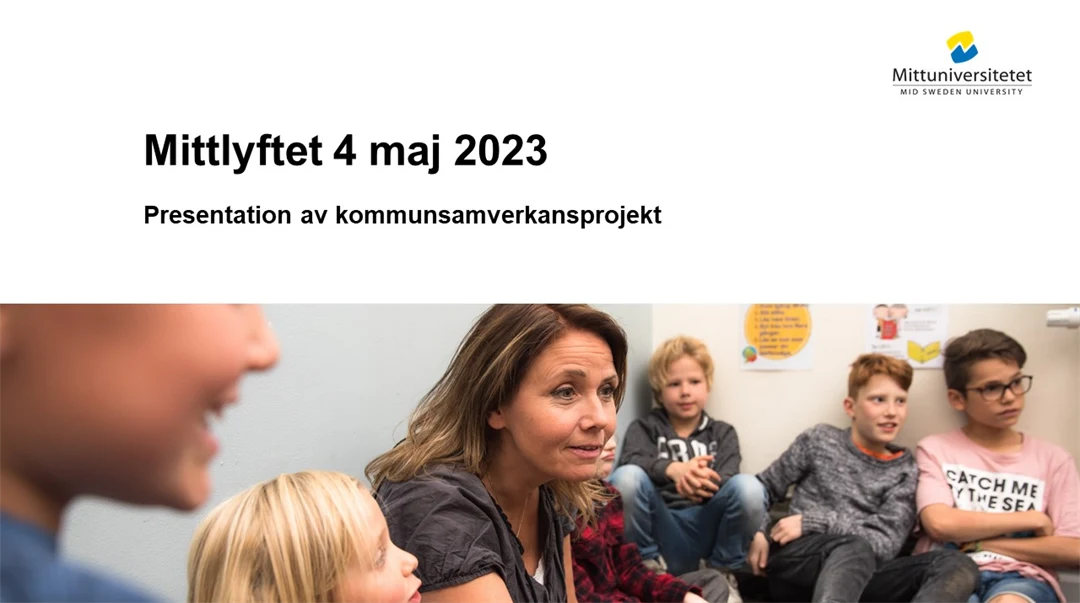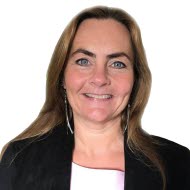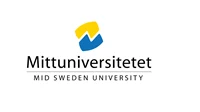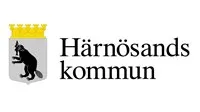Mathematical problems for conceptual understanding
The overall aim of this project is to contribute to the development of mathematics teaching in upper secondary school. The project focuses on the design of mathematical problems, and how various problems can contribute to developing students' conceptual understanding.
In the project, we intend to answer the following research question:
- How can mathematical problems be designed and initiated in teaching to offer students opportunities to develop a conceptual understanding with respect to specific aspects of mathematical concepts?
Aspects refers to, for example, the properties of a concept and the relationship between a concept and different representations or procedures.
The project is an iterative design study where mathematical problems are developed with a focus on creating opportunities for students with difficulties in mathematics to develop an understanding of mathematical concepts. To develop an understanding of mathematical concepts, students must encounter concepts in different ways. Mathematical problems will be designed and tested on students, whose work will be video-recorded. Students’ work, together with follow-up interviews, will be thematically analyzed with respect to the design of the mathematical problems regarding important aspects for conceptual understanding.
Together with in service teachers we want to create a basis for good learning situations that naturally can be included in their existing practice. With the project, we also hope to contribute to a developed understanding of what it means to have a mathematical conceptual understanding, and how this knowledge can be used in the planning and design of teaching situations, particularly regarding mathematical problem solving.
This is a project in collaboration with Härnösands gymnasium and Technichus i Mittsverige AB through the collaboration agreement with Härnösand municipality.

Matematiska problem för begreppsförståelse
Presentation av projektresultat på Mittlyftet den 4 majFacts
Project period
211201—221130
Subjects
Research groups
Municipal cooperation
Project leader

Project members





